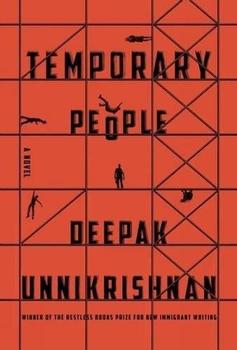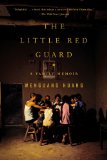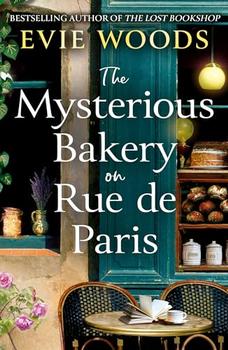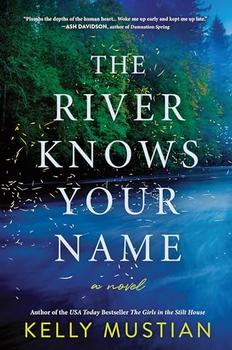Summary | Excerpt | Discuss | Reviews | Beyond the book | Read-Alikes | Genres & Themes | Author Bio

In this novel by the 2012 Nobel Laureate in Literature, a benign old monk listens to a prospective novice's tale of depravity, violence, and carnivorous excess while a nice little family drama - in which nearly everyone dies - unfurls. But in this tale of sharp hatchets, bad water, and a rusty WWII mortar, we can't help but laugh. Reminiscent of the novels of dark masters of European absurdism like Günter Grass, Witold Gombrowicz, or Jakov Lind, Mo Yan's Pow! is a comic masterpiece.
In this bizarre romp through the Chinese countryside, the author treats us to a cornucopia of cooked animal flesh - ostrich, camel, donkey, dog, as well as the more common varieties. As his dual narratives merge and feather into one another, each informing and illuminating the other, Yan probes the character and lifestyle of modern China. Displaying his many talents, as fabulist, storyteller, scatologist, master of allusion and cliché, and more, Pow! carries the reader along quickly, hungrily, and giddily, up until its surprising dénouement.
Mo Yan has been called one of the great novelists of modern Chinese literature and the New York Times Book Review has hailed his work as harsh and gritty, raunchy and funny. He writes big, sometimes mystifying, sometimes infuriating, but always entertaining novels - and Pow! is no exception.
Pow! is a worthwhile addition to any library, if for no other reason than its frame of reference, which is so foreign to most Western readers. The viewpoint it provides is likely to be quite enlightening to those unfamiliar with Chinese culture. I highly recommend the book to anyone interested in developing a better understanding of everyday life in this part of the world...continued
Full Review
(820 words)
This review is available to non-members for a limited time. For full access,
become a member today.
(Reviewed by Kim Kovacs).
 Mo Yan is the pen name of Guan Moye. Born 17 February 1955, Guan was the fourth child of farmers in Gaomi township in Shandong province in the northeast part of China. He says of his childhood:
Mo Yan is the pen name of Guan Moye. Born 17 February 1955, Guan was the fourth child of farmers in Gaomi township in Shandong province in the northeast part of China. He says of his childhood:
"When I started forming memories, it was the most difficult time in China's history. Most people were starving at the time. People led a tough life. People starved to death all the time, even in my village. I think that children's memories from such times can be haunting. I remember that there were many children in the village. When the sun came out in winter, we all sat by a wall and bathed in the sun. Our clothes were all torn and ripped. We were barely covered. We also had bloated stomachs, because of lack of nutrients. Our legs and arms ...
This "beyond the book" feature is available to non-members for a limited time. Join today for full access.

If you liked Pow!, try these:

by Deepak Unnikrishnan
Published 2017
Until now, the humanitarian crisis of the so-called "guest workers" of the Gulf has barely been addressed in fiction. With his stunning, mind-altering debut novel Temporary People, Deepak Unnikrishnan delves into their histories, myths, struggles, and triumphs.

by Wenguang Huang
Published 2013
Three generations of a family living under one roof reflect the dramatic transformations of an entire society in this memoir of life in 20th century China.



Every good journalist has a novel in him - which is an excellent place for it.
Click Here to find out who said this, as well as discovering other famous literary quotes!